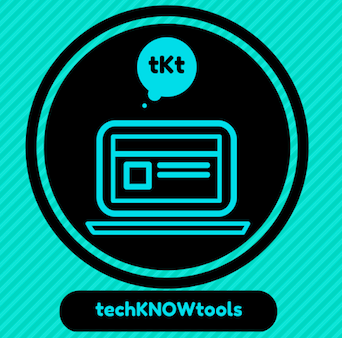Mentoring of doctoral students is varied and diverse depending on the degree, discipline, and institution. I know that mentoring happens informally and formally from peers, professors, colleagues, and more. Sometimes it is from a faculty advisor or supervisor; however, more often then not we meet professionals, practitioners and other scholars who offer some form of personal/professional mentoring while completing a terminal degree. In thinking back to my graduate school experience, there was definitely a tribe of mentors who supported my professional development, research and career plans. From my departmental ATPI Research/Writing Group and LPQ Journal editing on campus to digital networks like #phdchat, many #edtech colleagues, my @BreakDrink podcasting family, the @AcAdvChat community, and MANY more, who mentored me formally and informally during my Ph.D. journey.
HOW were YOU mentored as a doctoral student or in your terminal degree program?
- What sort of mentoring experiences did experience in your Ph.D., Ed.D., or M.F.A. program?
- Who did you seek out to build formal or informal mentoring relationships?
- How did you “stay in touch” or connect with these mentors from a distance, if they were not on campus?
- How did these individual, group, or peer-to-peer mentoring experiences impact your own career development and professional growth?
- OR if you feel like you didn’t really have opportunities to be mentored formally/informally, tell us what you WOULD have liked during and post-graduate degree?
Exploring the Impact of Mentoring for Doctoral Students
If you have some answers to any or all of the above questions, consider helping one of my own doctoral scholars with her research project. We are curious to learn about the nature and dynamics of mentoring relationships, specifically HOW they impact students in terminal degree programs. This might include mentoring experiences outside of the faculty advisor/supervisor role and even beyond campus. Mentoring experiences we know often occur from conference attendance, academic meetings, professional organization involvement and within your own or other disciplines of scholarship/work
The goal of this research is to understand how doctoral students experience mentoring during and after the completion of their terminal graduate degree programs in both face-to-face and distributed environments. There are a variety of campus stakeholders and professionals who form a collective of mentoring experiences for individuals who are pursuing a terminal degree. With a variety of career paths post-degree, we want to know how doctoral students establish, communicate, and sustain mentoring relationships that support their personal and professional development. We want to know more about these mentoring relationships through the shared narratives of doctoral students who are currently in-progress and/or who has recently completed (in the last 2-5 years) a terminal graduate degree (e.g. Ph.D., Ed.D., M.F.A, etc.).
We would love to know how technologies shape and support these mentoring relationships? This might be to stay in touch, communicate, share on social networks, or even exist within digital learning environments. With the opportunity to connect to scholars and practitioners beyond geographic boundaries, it is now possible for graduate students to establish mentoring relationships with other scholars, peers, and professionals from afar. How are these doctoral scholars finding resources, support, and kinship within peers in online networks? What type of mentoring opportunities have doctoral learners found either formally or informally to reach their personal and professional goals? Are there mentoring groups, peer-to-peer, or professional experiences that have guided their early career decisions and/or direction?
To volunteer for a 30-minute interview for this study, please complete this form: https://unt.az1.qualtrics.com/jfe/form/SV_d06SO2d0GL8al6d
To learn more and/or participate in the project, please find further details about this study here: https://ltiwithme.wordpress.com/2018/04/27/exploring-mentoring-relationships/ or contact Laura Pasquini (Laura.Pasquini@unt.edu) or Meranda Roy (Meranda.Roy@unt.edu).

